Indiana currently has no law that establishes optician training, certification, or licensing requirements. There are approximately 22 states that have no agency that regulates opticianry. In these states, employers are generally allowed to set their own standards for the level of education, training, and credentialing they expect from opticians. Due to the wide range of optical businesses, opticians should be aware that the training and skills they are taught by some employers may not be comprehensive.
Large optical employers tend to focus a lot on operational efficiency and they may opt to only allow opticians to perform retail sales and basic frame adjustments. Other employers may encourage opticians to be certified by the American Board of Opticianry (ABO) and the National Contact Lens Examiners (NCLE). These employers typically allow opticians to perform many more industry related tasks and may offer to pay the fees associated with the certification examinations. They may also reimburse opticians for purchased study materials.
One reason to consider voluntary completion of the ABO and NCLE exams is the ability to demand a higher salary. Credentialed opticians are able to establish more trust with customers because they have met national standards for optician competence. Many employers see this as an asset to the business and may use it as a marketing advantage over their competition. Employers also know that certified opticians have demonstrated a comprehensive understanding of the industry and will require less training and support. This translates into less money spent by the employer and a healthier bottom line.
Nationally recognized credentials also open the door to more job opportunities in both regulated and unregulated states. This is especially important for opticians who decide to move at some point in their career. Credentialed opticians can often become licensed in regulated states through reciprocity while opticians who have not been certified may be required to return to school, complete an apprenticeship, or successfully pass the ABO and NCLE exams before they can be licensed. This can be extremely frustrating for an optician who has worked in the industry for many years.
Opticianry Degree Programs:
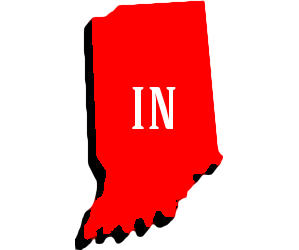 Indiana University, which is located in Bloomington, offers both a 2-semester Certificate in Optometric Technology and a 2-year Associate of Science Degree in Optometric Technology. The Certificate Program is a 29 credit hour curriculum that can be extended to the 60 credit hour Associate Degree Program. Some Bachelor’s Degree Programs will also allow you to transfer credits if you are wanting to pursue the more advanced degree.
Indiana University, which is located in Bloomington, offers both a 2-semester Certificate in Optometric Technology and a 2-year Associate of Science Degree in Optometric Technology. The Certificate Program is a 29 credit hour curriculum that can be extended to the 60 credit hour Associate Degree Program. Some Bachelor’s Degree Programs will also allow you to transfer credits if you are wanting to pursue the more advanced degree.
Students must apply and be accepted to Indiana University Bloomington either as a new incoming freshman or as a transfer student. You can learn more about the admissions process by clicking here. Though the state does not require opticians to be licensed, it is a good idea to acquire credentials that set you apart from other job applicants.

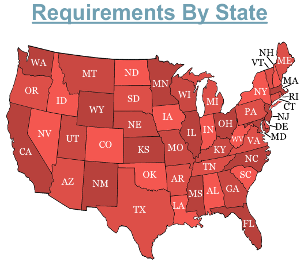

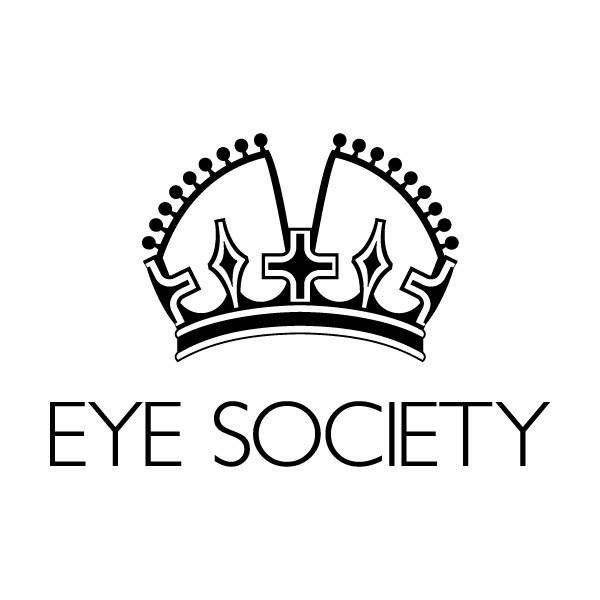

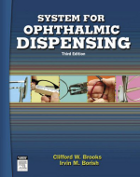
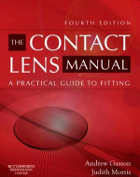
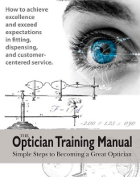

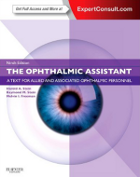
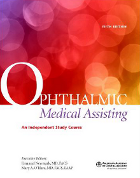
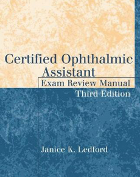
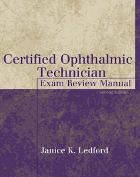
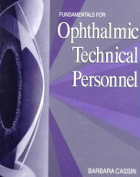
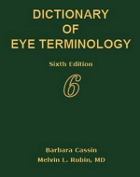
If I am ABO certified in Indiana, does that carry over into Kentucky?
Brenda,
Kentucky does require dispensing opticians to be licensed, but ABO certification is a national credential that is recognized by most states regardless of practice requirements. If you have previously passed the exam then you should be able to use your prior score to apply for licensing in Kentucky. We do recommend contacting the Kentucky Board of Ophthalmic Dispensers to verify that you are eligible to become licensed since there are formal training requirements.